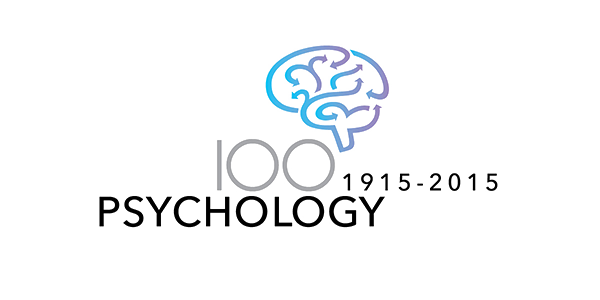Cantlon Receives Cattell Award
Jessica Cantlon has received the Cattell Award from the Association for Psychological Science to further her research into conceptual knowledge
By Stacy Kish
Jessica Cantlon, the Ronald J. and Mary Ann Zdrojkowski Associate Professor of Developmental Neuroscience and Psychology at Carnegie Mellon University’s Dietrich College of Humanities and Social Sciences, is one of four recipients of the James McKeen Cattell Fund Fellowships awarded by the Association for Psychological Science in 2022.
The Cattell award provides financial support of up to $40,000 for each recipient to take an extended sabbatical to pursue new research in psychological science.
“Dr. Cantlon’s research on the acquisition of knowledge in human development and across species is incredibly creative,” said Michael Tarr, the Kavčić-Moura Professor of Cognitive and Brain Science and head of the Department of Psychology. “She is a major innovator in the field who is pushing the boundaries of how we study development.”
Cantlon was nominated for her project titled “Evolutionary and Developmental Origins of Human Logic,” which aims to distinguish primitive features of human cognition from those that are unique to human development. The Cattell sabbatical will afford Cantlon the chance to develop challenging new research directions in longitudinal child development, an AI-driven laboratory for primate cognition and educational research on computational thinking.
“The Cattell Award means your colleagues in the field support your research ideas and are excited to see what you'll do next,” said Cantlon. “I'm incredibly grateful to receive the award and also energized that scientists in my field are enthusiastic about the work we have planned for the future.”
Cantlon’s research examines the origins and organization of knowledge that spans numbers, symbols, tools, faces and everyday objects. The lab uses cognitive and neuroimaging to answer these questions. Her team works with children and adults who have experienced brain damage and are neurologically able. Their goal is to understand the origin of how we, as humans, organize and construct this content.
The Cattell award will provide Cantlon with the opportunity to spend more time conducting research at field sites in New York and Bolivia to collect data on the cognitive development pathways of children from different cultures. She will use this data to examine the role of cultural learning in human cognition.
“One of the questions we work on is to identify what cognitive capacities make human children unique from other primates,” said Cantlon. “This is an important question for understanding the cognitive faculties that are critical for healthy development in early childhood and for understanding what might go wrong in cases where children exhibit learning deficits.”
Cantlon’s team also has a computer science outreach project at elementary schools where they teach children to write code to test animal intelligence. The code consists of computerized puzzles that are given to the primates at a local zoo to solve.
“There is a lot to learn about the development of the human mind,” said Cantlon. “Our work is trying to identify the critical ingredients of complex human thought.”
